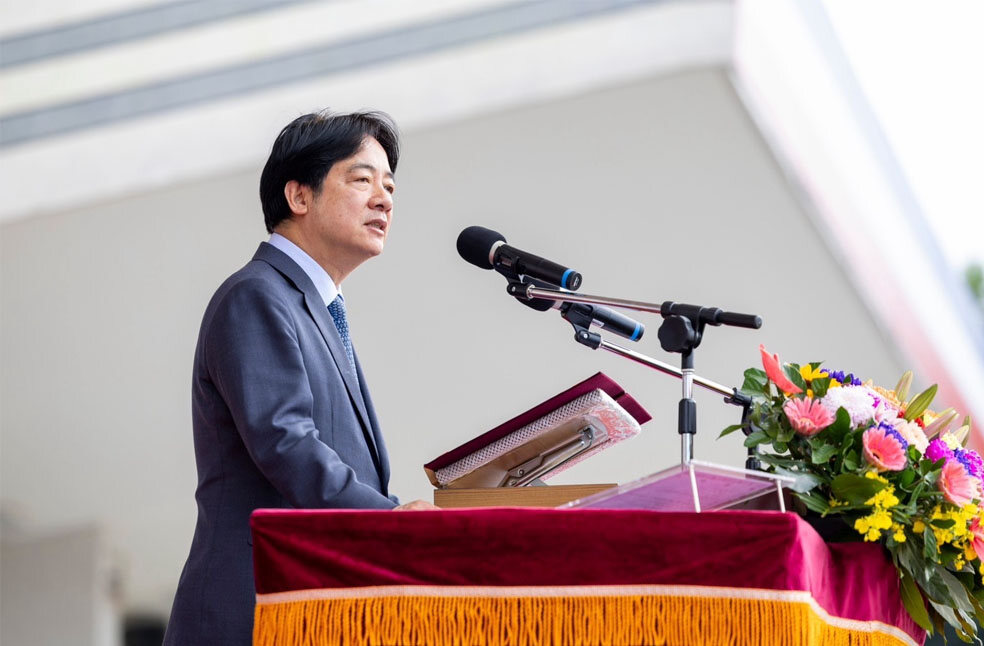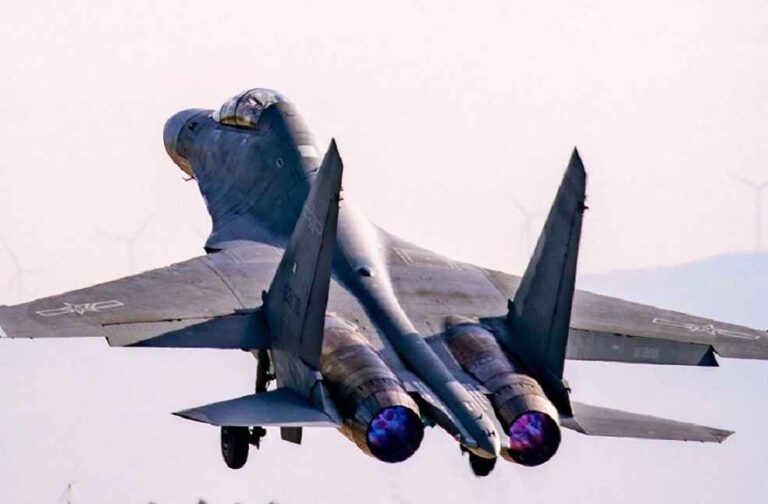Taipei, Taiwan: China is carrying out military drills surrounding Taiwan, characterizing them as a “stern warning” to those supporting the island’s independence. These drills are viewed as a response to Taiwanese President William Lai’s recent speech, in which he pledged to resist Beijing’s “annexation.”
The drills are a signal of China’s disapproval of Taiwan’s sovereignty aspirations, further straining relations between the two sides.
In reaction, Taiwan’s Ministry of Defence condemned China’s actions as “irrational and provocative,” affirming its readiness to defend itself.
Despite the military drills occurring off the coast, Taiwan’s transport ministry reports that air traffic and port operations remain “normal.”
Meanwhile, Taiwan’s ally, the U.S., is closely monitoring the situation. While China considers Taiwan a breakaway province, Taiwan sees itself as a distinct entity with its own government and military.
Notably, Beijing also conducted drills around Taiwan following Lai’s inauguration as president earlier this year.
The drills started before dawn today, Beijing says. And the reason, according to one Chinese military expert, is to show more teeth, and the forces were ready to shift from training to combat “at any moment.”
US President Joe Biden’s administration says it is monitoring China’s military exercises around Taiwan. The administration said there was no justification for the drills after Lai’s “routine” speech, and that China should avoid further actions which may jeopardise peace and stability in the region.

A statement from the office of Taiwanese President William Lai said that, China should “respect the people of Taiwan’s choice of a free and democratic way of life, refrain from military provocations.”
The statemen added that, “maintaining peace and stability on both sides of the Taiwan strait is a common responsibility and our government will continue to defend our constitutional system of democracy and freedom. We are confident and capable of safeguarding national security.”
China-Taiwan tensions
The recent history of China’s military intimidation towards Taiwan dates back to 1996, following Taiwan’s first direct presidential elections. At that time, China declared several zones around Taiwan off-limits and fired short-range ballistic missiles into those areas near the north and south coasts. In response, U.S. President Bill Clinton discreetly deployed U.S. Navy forces to the Taiwan Strait to signal to Beijing that the U.S. would intervene to prevent an attack on the island.
Tensions significantly eased between 2008 and 2016, until Tsai Ing-wen of the Democratic Progressive Party (DPP) was elected president. China views the DPP as a hardline pro-independence party and consequently severed all direct communication with the government in Taipei. This strained relationship has persisted since then.
In late July 2022, U.S. House Speaker Nancy Pelosi visited Taipei, marking the first visit by a sitting House speaker to the island since 1996. Pelosi’s visit, along with her vocal support for Taiwan, was perceived by Beijing as a major provocation, akin to a formal recognition of the Taiwanese government by a high-ranking U.S. official. In response, China reacted with outrage, conducting two days of military exercises and, for the first time, launching ballistic missiles over the island and into the Pacific Ocean.



